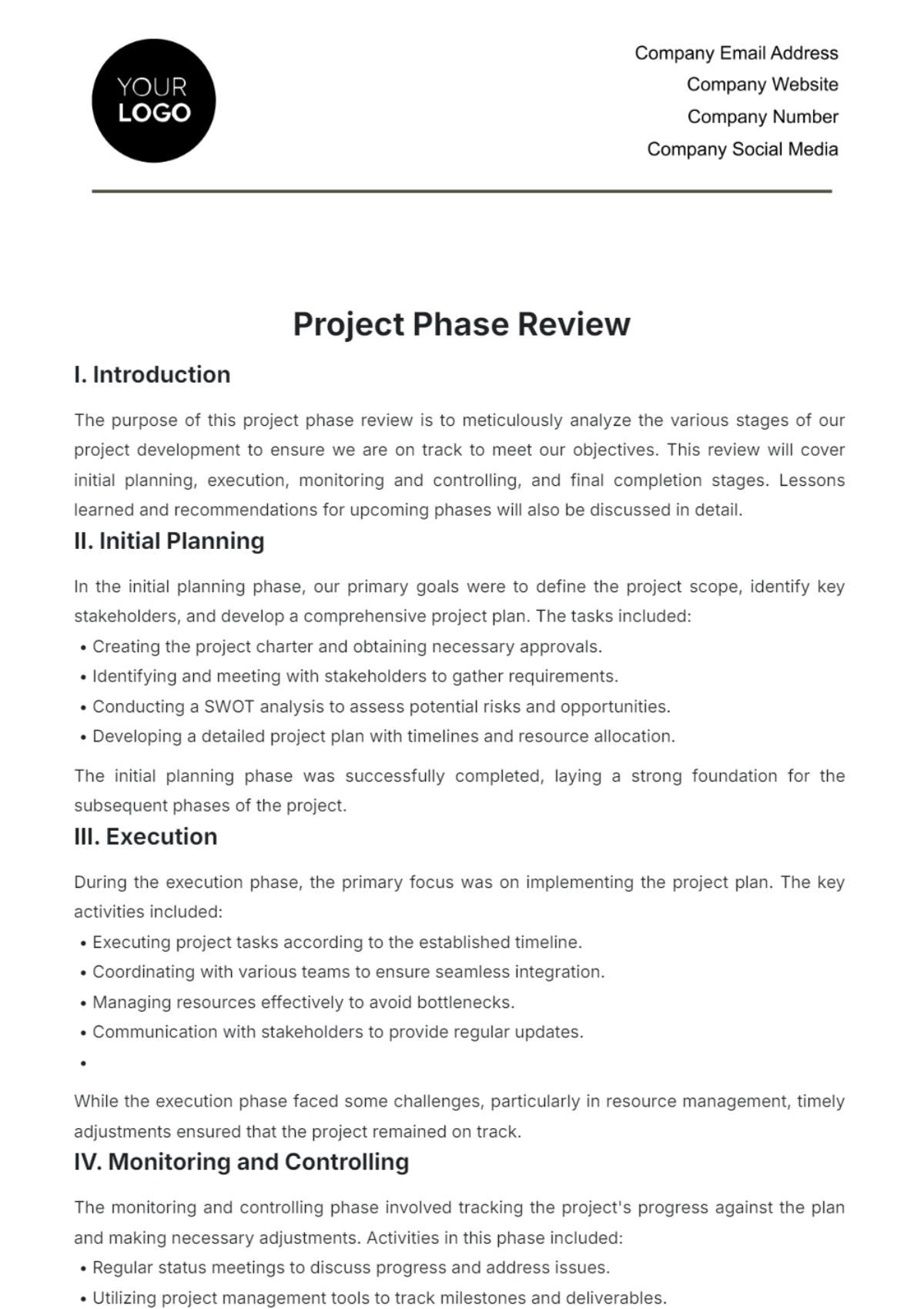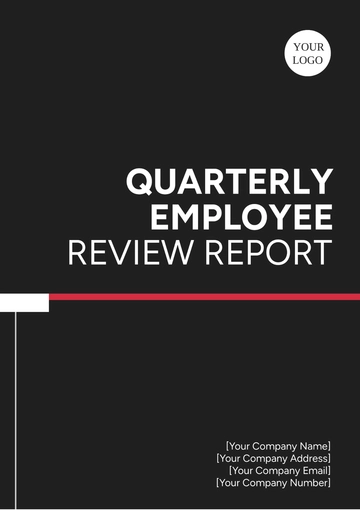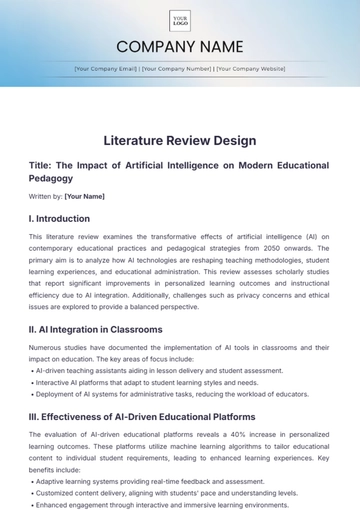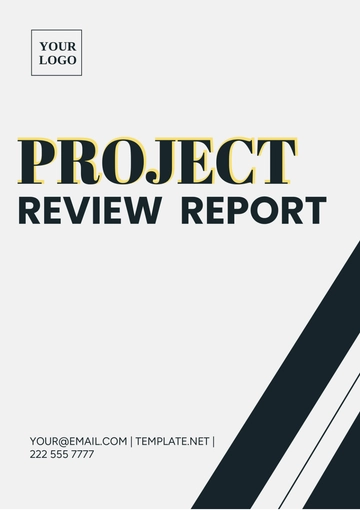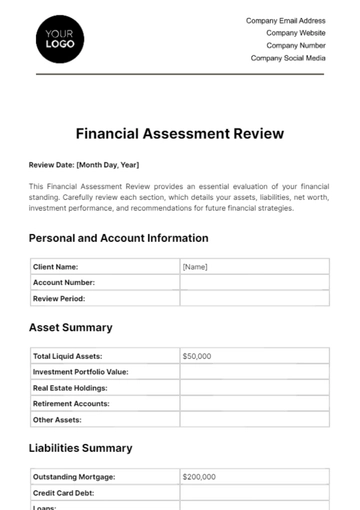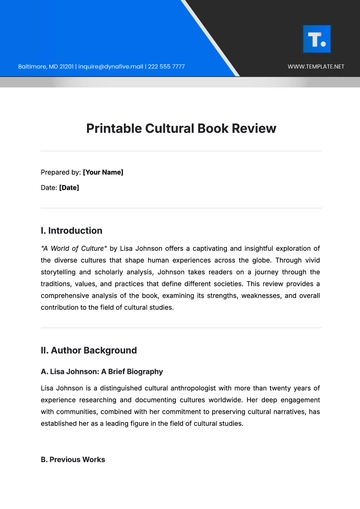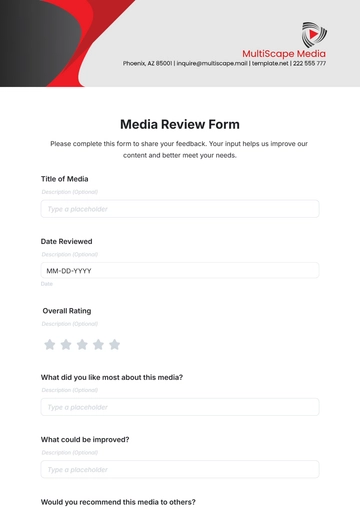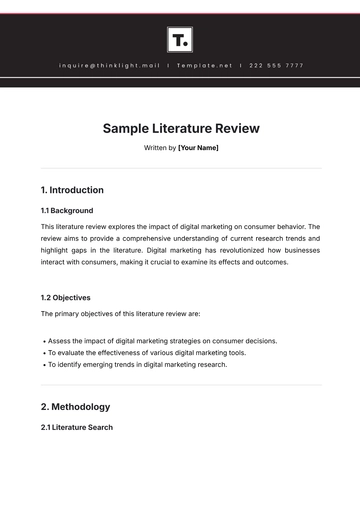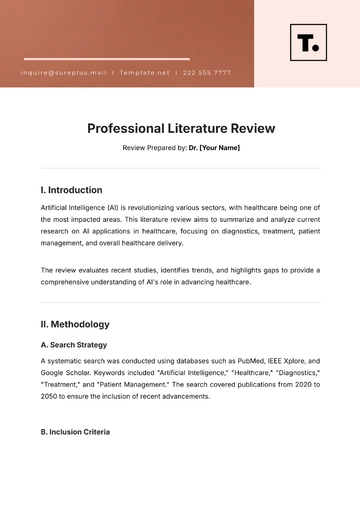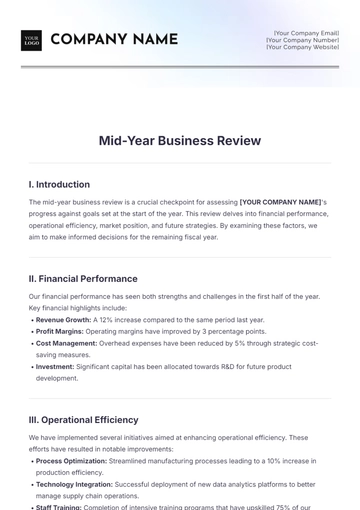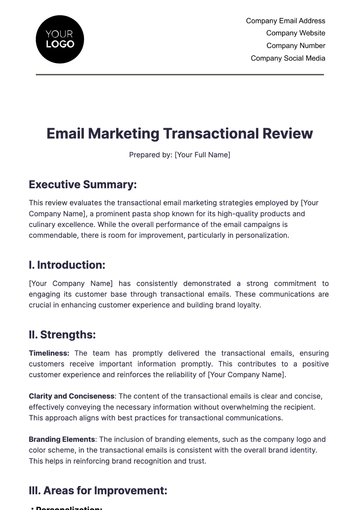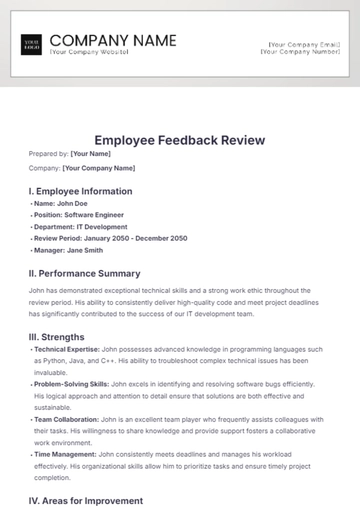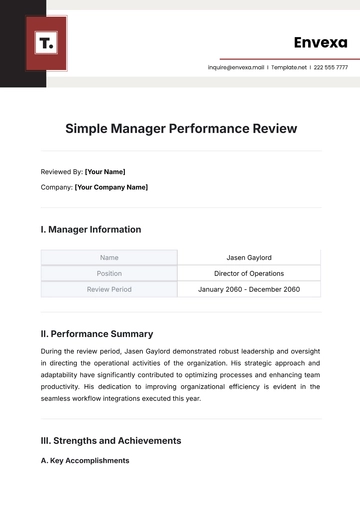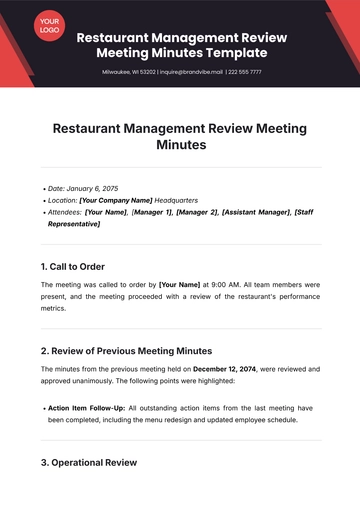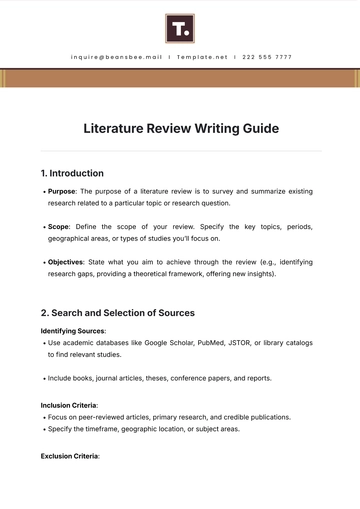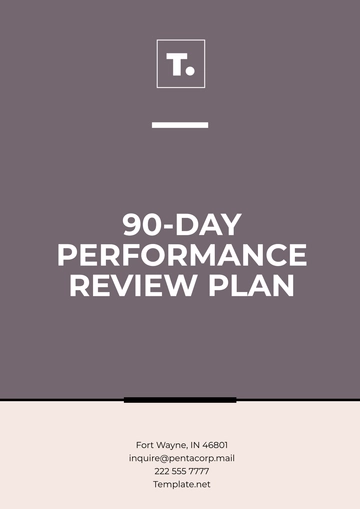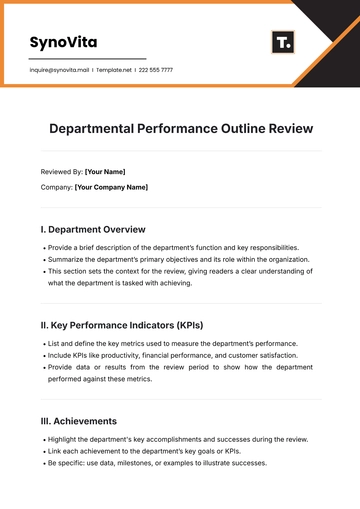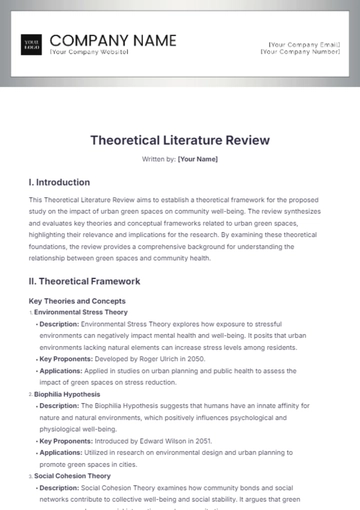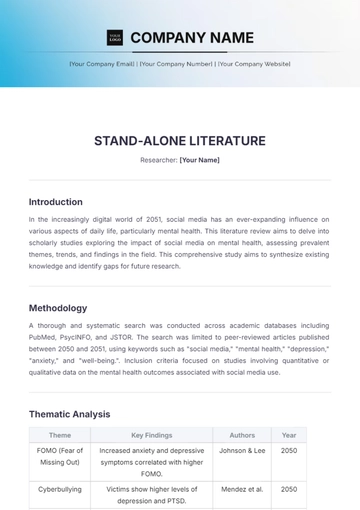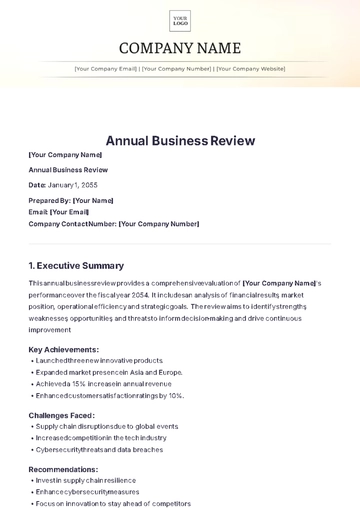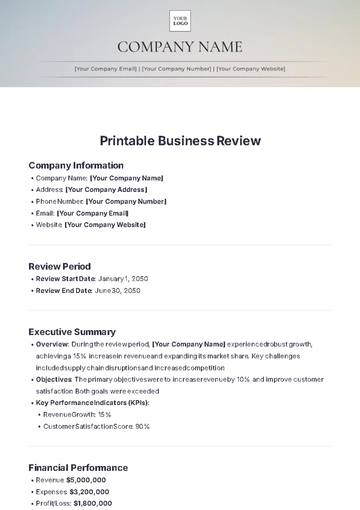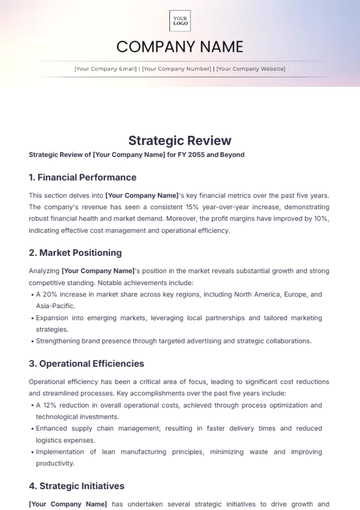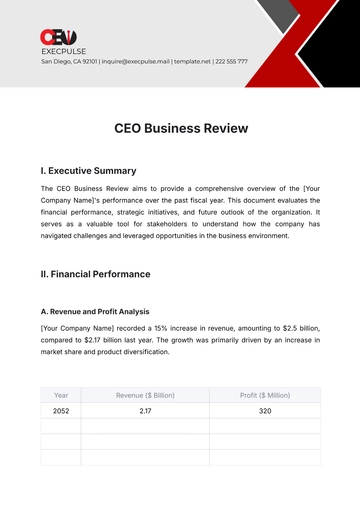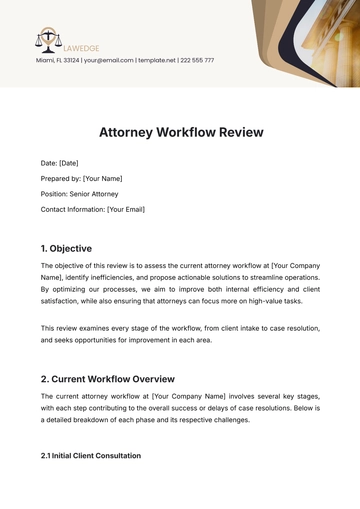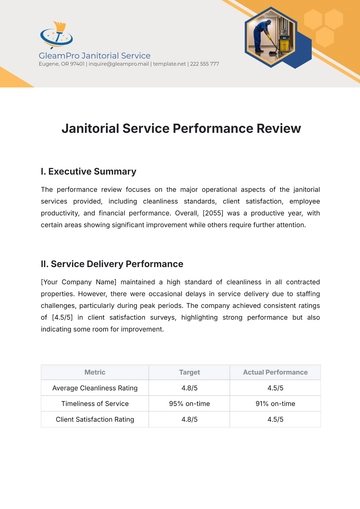Project Phase Review
I. Introduction
The purpose of this project phase review is to meticulously analyze the various stages of our project development to ensure we are on track to meet our objectives. This review will cover initial planning, execution, monitoring and controlling, and final completion stages. Lessons learned and recommendations for upcoming phases will also be discussed in detail.
II. Initial Planning
In the initial planning phase, our primary goals were to define the project scope, identify key stakeholders, and develop a comprehensive project plan. The tasks included:
Creating the project charter and obtaining necessary approvals.
Identifying and meeting with stakeholders to gather requirements.
Conducting a SWOT analysis to assess potential risks and opportunities.
Developing a detailed project plan with timelines and resource allocation.
The initial planning phase was successfully completed, laying a strong foundation for the subsequent phases of the project.
III. Execution
During the execution phase, the primary focus was on implementing the project plan. The key activities included:
Executing project tasks according to the established timeline.
Coordinating with various teams to ensure seamless integration.
Managing resources effectively to avoid bottlenecks.
Communication with stakeholders to provide regular updates.
While the execution phase faced some challenges, particularly in resource management, timely adjustments ensured that the project remained on track.
IV. Monitoring and Controlling
The monitoring and controlling phase involved tracking the project's progress against the plan and making necessary adjustments. Activities in this phase included:
Regular status meetings to discuss progress and address issues.
Utilizing project management tools to track milestones and deliverables.
Implementing risk mitigation strategies as needed.
Adjusting plans and re-allocating resources to address any deviations from the plan.
This phase was critical to ensuring that the project stayed within scope, budget, and time constraints. Continuous monitoring allowed for proactive management of potential issues.
V. Final Completion
The final completion phase focused on delivering the project objectives and closing out all tasks. Key activities included:
Finalizing deliverables and obtaining stakeholder approvals.
Conducting a thorough review of project outcomes against objectives.
Documenting lessons learned and best practices for future projects.
Closing out all project documentation and administrative tasks.
The project culminated successfully, meeting all predefined objectives and receiving positive feedback from stakeholders.
VI. Lessons Learned
Throughout the project phases, several key lessons were identified:
The importance of thorough initial planning to set the project on a solid foundation.
Effective communication with stakeholders is crucial for managing expectations.
Flexibility in resource management helps address unexpected challenges.
Continuous monitoring and controlling ensure that potential issues are identified and addressed promptly.
VII. Recommendations
Based on the review of this project phase, the following recommendations are made for future projects:
Invest more time in detailed planning and risk assessment at the initial stage.
Enhance stakeholder engagement through more frequent and transparent communication.
Adopt agile methodologies for better adaptability and responsiveness in execution.
Utilize advanced project management tools for more effective tracking and reporting.
Implementing these recommendations will improve efficiency and success rates in future projects.
VIII. Conclusion
Overall, this project phase review highlights the strengths and areas for improvement in our project management processes. By integrating the lessons learned and recommendations, we can enhance our approach in future projects, ensuring continued success and stakeholder satisfaction.
Project Templates @ Template.net
